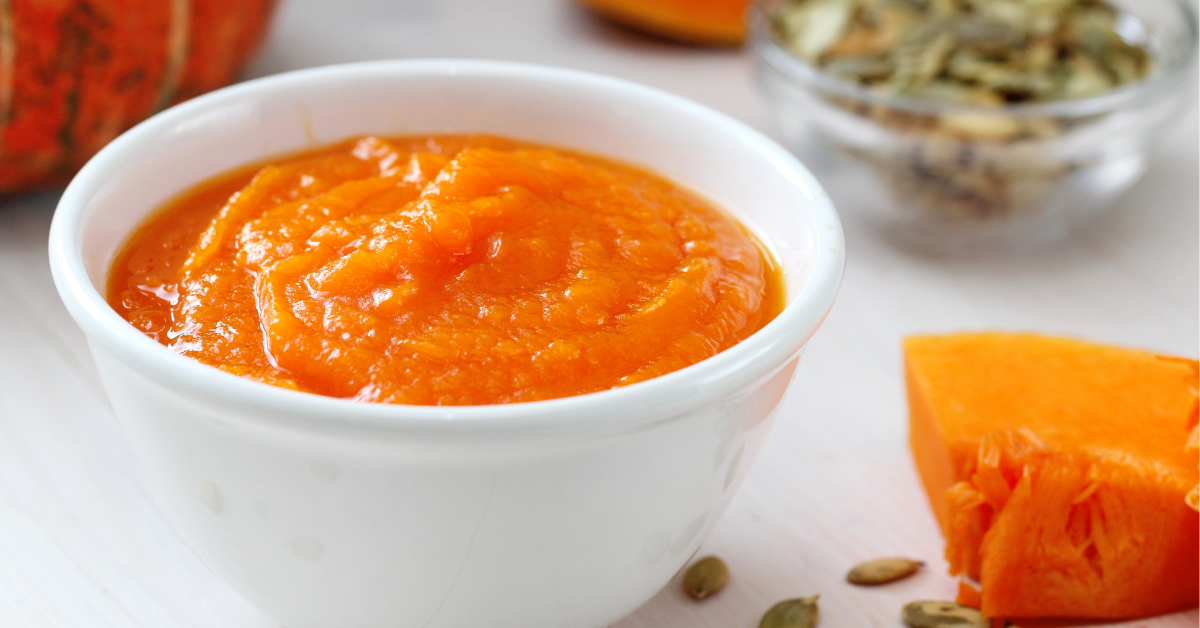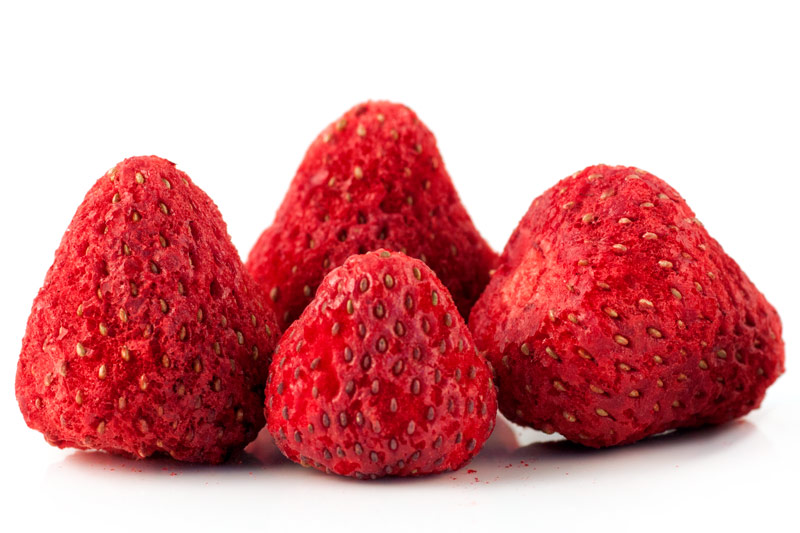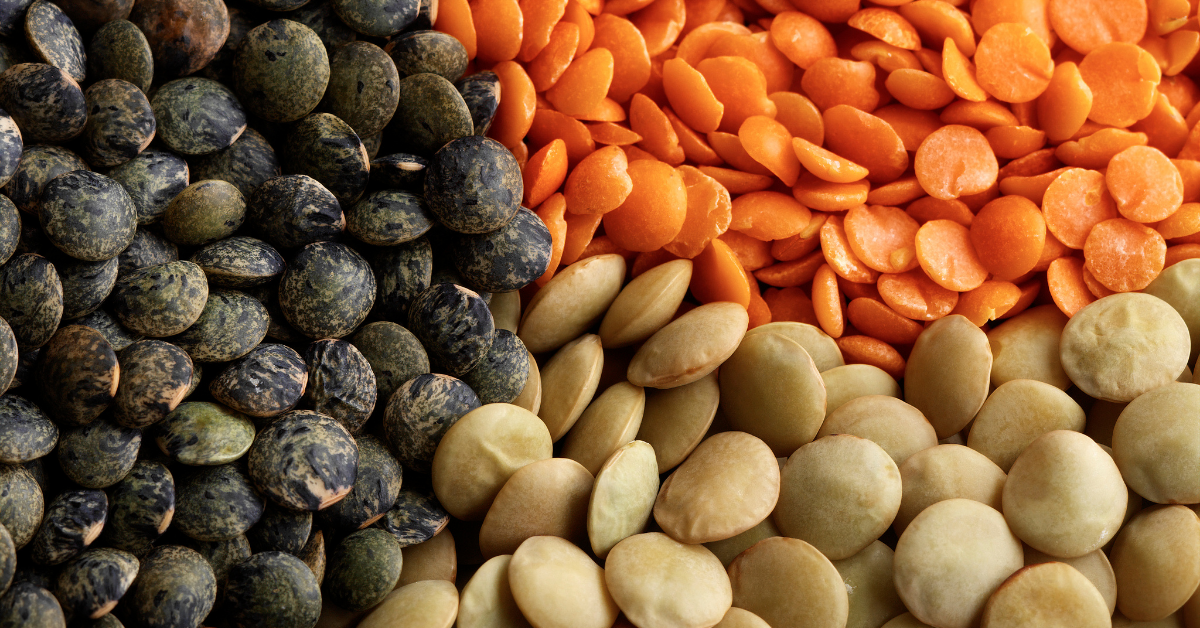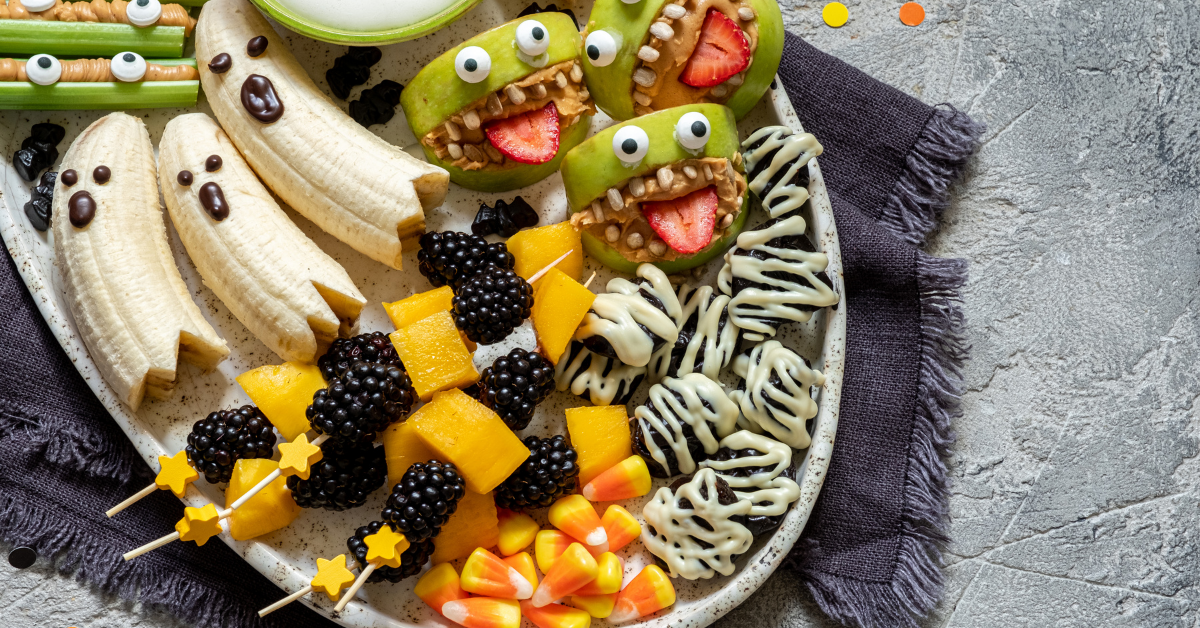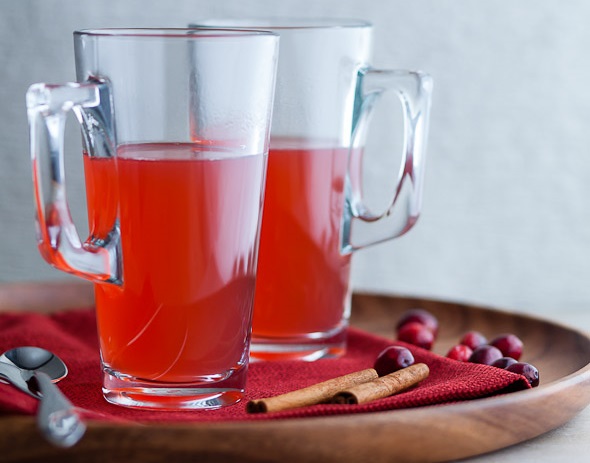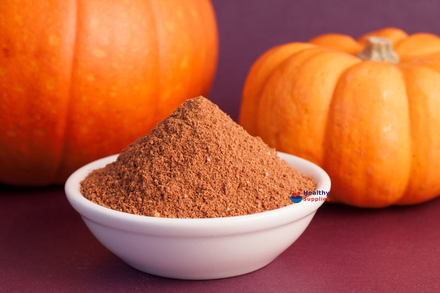Articles
Pumpkin is a very healthy vegetable – it’s absolutely stuffed with vitamin A, which is fabulous for your eyes, and helps strenghthen your immune system while keeping your major organs in tip-top condition. It also contains plenty of vitamin C, as well as beneficial minerals such as potassium, manganese and copper. It’s packed with fibre, which is superb for the health of your digestive system. It has high levels of beta-carotene, a plant pigment which has remarkable antioxidants properties that boost the health of your skin.
As an ingredient, pumpkin is incredibly versatile – it can be used in both sweet and savoury recipes, and it’s an efficient way of replacing fats while keeping up moisture levels in cakes and bakes. You can make your own pumpkin puree from leftover fresh pumpkin by roasting in a medium-hot oven for 45-60 minutes and then whizzing in a food processor or mashing with a fork. Or you may just have half a tin left after making a recipe – so here are ten exciting ideas for delicious pumpkin dishes to try if you find yourself with a surplus….
Read More »Time is precious, and although it can be lovely to spend time cooking exciting, flavoursome, nutritious dishes every dinner time, for many people there simply isn’t enough time in the day! That’s why it’s a canny idea to prepare a big pot of something wonderfully tasty in advance that will sustain you for a few days, freeing up time to spend with family and friends, catching up on your favourite TV shows or just having a long, relaxing soak in the tub.
Eleven per cent of UK employees work over 48 hours per week, according to the Institute for Employment Studies, so with time at a premium for so many people, having some containers in the fridge of lovely food prepared a few days earlier is a blessing indeed. So we’ve compiled a list of ten amazing meals full of good things that will keep well in the fridge and sustain you and your loved ones over the course of several days. Feast your eyes and pick up a few ideas for magnificent meals below….
Read More »Christmas is a time to spend together with family, friends and loved ones, and show them how much we love them with the traditional exchanging of gifts. What better way is there to express our love than to give a sweet treat we’ve taken the time and effort to make ourselves? And if we can make healthier (and tastier) versions of treats available in the shops, all the better!
We all know that commercial festive fare can be absolutely stuffed with saturated fats and refined white cane sugar, and a study published in 2018 showed that over 25,000 subjects who were tested before and after the Christmas period showed massive increases in cholesterol in their January readings, leading the report’s authors to urge medical professionals never to issue a diagnosis of high cholesterol at this time of year![1]
So here are some wonderful, unique ideas for delicious and comparatively healthy gifts to make and give for Christmas….
Read More »We all know that fruit and vegetables are fantasticaly good for us, and that we should all eat more, to ensure we’re getting all the vitamins, minerals, fibre and other nutrients we need. However, very often if you go shopping for fresh fruit & veg on a Monday, and don’t manage to finish everything quickly, your fresh produce looks in a very sorry state by the end of the week! Dried products have always been available, but when you dry fresh food in the conventional way, which usually means using an oven, most of the nutrition can be lost as the heat causes the vitamins and other nutrients to degrade – and the flavour can be radically different too. But because of the way the freeze-drying process takes place, it means the nutrition and taste are pretty much unchanged – and the only huge differences are that the weight is much lighter (because the water has gone), and as a direct result, the shelf life has been massively extended, sometimes by many years.
Let’s take a closer look at the magical world of freeze-drying….
Read More »Lentils have long been one of the superstars of the health food revolution – they’re versatile, easy to cook and brilliantly filling. They’re cheap and plentiful too, with a low carbon footprint, and there’s an awesome range of health benefits to be gained by eating this wonderful legume.
There’s evidence that lentils have been eaten by human for at least 10,000 years, and there are hundreds of varieties in existence. They remain a staple food today in large parts of the world, especially India, where red split lentils are commonly made into a tasty, spicy stew called dahl. The other main types used around the world are brown lentils, black lentils (also called Beluga lentils), green lentils and Puy lentils (also known as French lentils).
But why exactly should we be eating more of these delightful little things? Let’s take a closer look….
Read More »Spooky, Scrumptious, and Nutritious: A Halloween Treat Revolution for Kids
As the leaves turn vibrant shades of orange and crimson and a chill creeps into the autumn air, the most anticipated night of the year for little ghouls and goblins draws near – Halloween. While the holiday is synonymous with costumes and sweets, it’s also a fantastic opportunity to introduce healthier and equally delicious alternatives to the sugar-laden bounty that typically fills trick-or-treat bags.
In this article, we’ll unveil a selection of enchanting treats that will not only delight the taste buds of kids but also make parents rejoice in their nutritional value. Get ready to embrace a Halloween where spooky and scrumptious go hand in hand, as we present you with a lineup of wholesome, yet irresistibly tasty, trick-or-treat ideas for the little monsters in your life.
Read More »Many of us lead increasingly hectic lives, and nothing quite pampers the soul and soothes a frazzled mind like curling up on the sofa with a hot mug of tea. Tea sustains us, breaks up our day, gives us an excuse for a natter with friends and family, and can confer a whole load of rather wonderful health benefits on us.
We drink around 100 million cups of tea every day in the UK, with 96% of these made using teabags, and 98% taken with milk.[1] It’s good to drink tea, as a few cups a day will help you stay hydrated. But if you look beyond traditional black tea and are looking for other tastes than brilliantly healthy green tea, you’ll find a whole world of different beneficial (and supremely tasty) flowers, herbs, spices and other plants available which can be used to make a lip-smacking and fantastically healthy cuppa.
If you’re interested in reaping benefits from the food you eat, it stands to reason you should also investigate how the beverages you make can also enable you to be healthy, happy and wise! So let’s have a look at ten of our most popular tea infusions and delve deeper into how a simple cuppa can make your day a bit more magnificent….
Read More »We love Bonfire Night! It’s a wonderful excuse to get together with family and friends, enjoy watching a bonfire burn, and see the night sky lit up with colourful fireworks – and of course, feast on some wonderful treats!
This great British tradition, which commemorates the events of 5th November 1605, when Guy Fawkes and his co-conspirators in the Gunpowder Plot were arrested while trying to blow up the House of Lords, is a wonderful time to serve filling, healthy food to loved ones, and we’ve collected some of our favourite and most suitable recipes for you to try. Why not give one or two of these a go….
Read More »Autumn is a wonderful time of year. As the nights draw in and a chill comes to the air, eating habits often change from the lighter salads, wraps and dips of summertime towards more robust stews, casseroles and soups – with lots of lovely sweet treats for afters!
Integral to the flavour palate at this time of year is pumpkin, which is central to Halloween celebrations, where it’s traditionally carved into spooky faces. Pumpkin is also excellent to eat, low in calories and very nutritious too. It’s full of vitamins C and E, and contains a good amount of beta-carotene, a powerful antioxidant which our body converts into vitamin A, brilliant for our immune system and eye health.
Pumpkin can be used in savoury dishes, but it’s the sweet treats using pumpkin that are particularly associated with autumn, and many of these contain pumpkin spice, a mixture of cinnamon, cloves, nutmeg, ginger and sometimes allspice that seems to have a special affinity with this lovely, versatile winter squash. All of these spices (especially cloves and ginger) are high in antioxidants, meaning that even a pinch will have a marked effect on managing inflammation and blood sugar (with cinnamon especially beneficial to diabetics).
As long as we don’t stuff our dishes with refined sugar and unhealthy fats, there’s no reason why we can’t have pumpkin-based treats that are healthy as well as lip-smackingly delicious! Let’s take a look at a few of our favourite pumpkin spice recipes….
Read More »We’ve all heard that we should make sure we eat plenty of fibre in our diet (sometimes also referred to as ‘roughage’), and that this will make us into glowing pictures of health and keep our bowels ticking over wonderfully. But what is fibre, and how come it’s so important?
The British Nutrition Foundation defines dietary fibre as ‘plant-based carbohydrates that, unlike other carbohydrates (such as sugars and starch), are not digested in the small intestine and so reach the large intestine or colon’.[1] As our bodies can’t digest or absorb fibre, it travels all the way through our bodies virtually intact. When it arrives at our colon, that’s where the real magic starts – the friendly bacteria who live there feast on the stuff, and reward us with all kinds of miraculous health benefits. Something called short-chain fatty acids are produced by this process, which are excellent at reducing inflammation and fighting cancer.
Let’s look in closer detail at the wonderful world of dietary fibre….
Read More »
